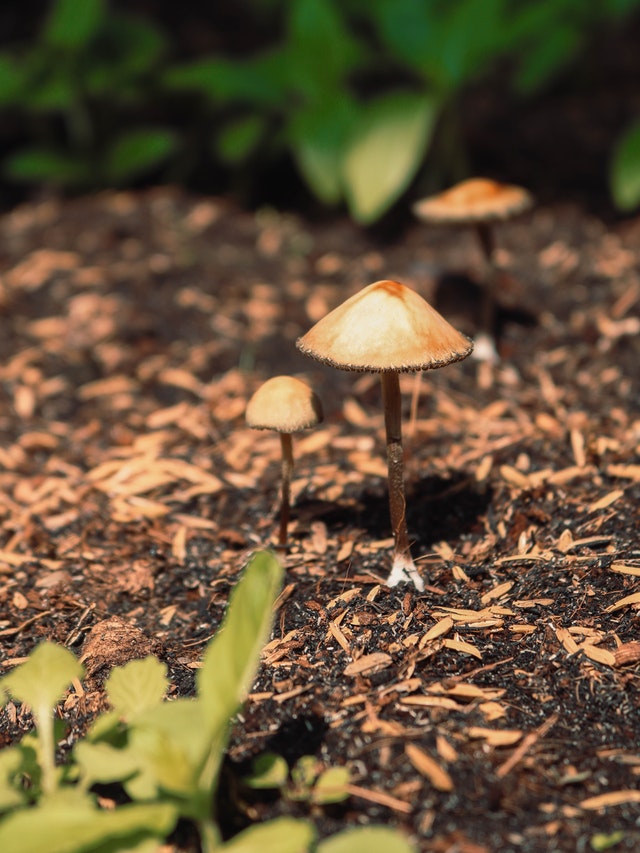M Health | Psilocybin Dulls Activity in Brain Linked W/ Consciousness

 Brain scans show psilocybin reduces activity in the claustrum,....
Brain scans show psilocybin reduces activity in the claustrum,....
a thin sheet of neurons deep within the cortex considered by some to be the seat of consciousness, awareness, and sense of self, according to a study published online in the journal NeuroImage.
Researchers at the University of Maryland, Baltimore, reached the finding after developing a way to access the claustrum and detect activity in the deep-rooted location. For the study, they used functional magnetic resonance imaging (fMRI) to observe the claustrum in 15 participants after taking psilocybin, the hallucinogenic chemical found in certain mushrooms, and compared them with fMRI scans obtained after the participants took a placebo.
After psilocybin use, neural activity in the claustrum slowed by 15% to 30%, according to the study. Simply put, the area of the brain believed to be responsible for setting attention and switching tasks was turned down. The reduced neural activity, researchers added, appeared to be linked with stronger subjective effects in participants, such as emotional and mystical experiences.
In addition, psilocybin changed how the claustrum communicated with brain regions involved in hearing, attention, decision-making, and remembering, according to the study. The findings, researchers observed, mesh with first-hand reports on the typical effects of psychedelic drugs, such as feeling connected with everything and experiencing a reduced sense of the self or ego.
The findings, researchers observed, mesh with first-hand reports on the typical effects of psychedelic drugs, such as feeling connected with everything and experiencing a reduced sense of the self or ego.
“Our findings move us one step closer to understanding mechanisms underlying how psilocybin works in the brain,” said researcher Frederick Barrett, PhD, assistant professor of psychiatry and behavioral sciences at the Johns Hopkins University School of Medicine, Baltimore, and a member of the school's Center for Psychedelic and Consciousness Research.
“This will hopefully enable us to better understand why it’s an effective therapy for certain psychiatric disorders, which might help us tailor therapies to help people more.”
Source:


